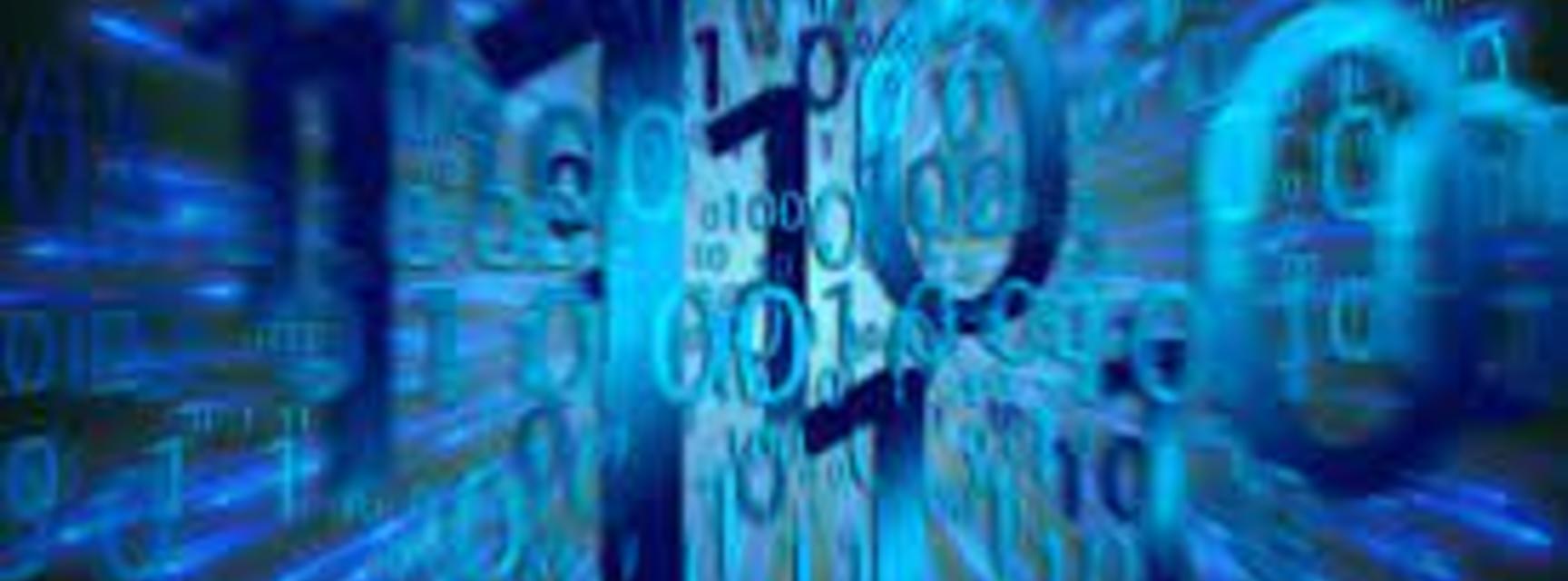Future Philology and Philology's future
Future Philology and Philology’s future
By Zhan Zhang
Posted on 27/09/21
Philology, the old art of reading slowly, is dying. No matter how glorious it has been, how many ancient languages and scripts it has deciphered, or how many critical editions of key texts from ancient civilizations it has produced, philology is no longer considered a discipline of its own in modern Academia.
Moreover, wittingly or unwittingly, philology developed hand-in-hand with imperialism and colonialism, and waned as the world entered the post-colonial era after World War II. From a Foucauldian point of view, philology is a projection of power in the form of knowledge and is, indeed, imbued with Orientalism.
As a philologist of ancient Iranian languages by training and a Chinese national, I have been thinking about the future of philology for the past few years. How shall we do philology properly in the 21st century? How shall we avoid the pitfalls of imperialism, especially neo-imperialism in innocent disguises (read: the Silk Road)? How shall we resist the temptation to overreact to the call to de-colonize the field? For example, we can not dismiss the achievements of scholars of past generations simply as works of “dead white men”. How shall we enhance the level of sophistication in philology? We are no longer satisfied with editions and translations of texts. Manuscripts and texts, like ores, need philological refinement to yield information, whether that be historical, literary, linguistic, or any other type of knowledge. New technology and methodology will enable us to extract more, especially from materials previously considered too poor to yield anything.
I made an attempt at such refinement in my doctoral dissertation, in which I studied (mainly by intensively studying) 84 Khotanese manuscripts dating from 798-802, discovered in Khotan, an oasis city-state in the south-western corner of the Tarim Basin in Xinjiang, China. In the process, I benefitted a great deal from manuscript databases and digital corpuses, such as the International Dunhuang Project and the Digital Turfan Archive, which gave me access to good images of the manuscripts I needed and saved me transatlantic trips. During that time, I realised that some neighbouring languages in the Tarim Basin, such as Gandhari and Tocharian, enjoyed databases and digital corpuses of a different level, which gave users access to a searchable corpus of texts, an online dictionary, and, in the case of Tocharian, an automated analysis of the grammatical form of each word. (If this function works for Khotanese, I guess I cannot conjugate Khotanese verbs for food when jobless.) During my stay at the Institute for the Study of the Ancient World in New York 2017-2018, I became aware of many more databases and digital corpuses of texts and/or manuscripts from the Ancient World, and I did try to put together a workshop on them. In those distant and precious pre-Covid days, online conferences were unheard of, and bringing scholars from all over the world to New York was expensive and time-consuming. The workshop did not materialise, but its seed was planted in my mind.
In a workshop in November 2019 following the Beijing Forum, I surveyed some new discoveries and development in Khotanese studies, and closed my talk by envisioning an up-to-date database for Khotanese. (Check khotanese.org now. Still very preliminary, but my motto is: “something is better than nothing.” At least, a basic version of the dictionary is functional.)
In April 2020, when I was stranded in Yangoon, Burma, naively thinking the pandemic would subside in a few weeks’ time, I was overjoyed to accept the offer of my current job at the University of Oxford’s Invisible East Programme to help build a digital corpus of texts from the pre-Mongol Islamicate East, including not only (Judeo-) Persian and Arabic, but also Bactrian, Sogdian and Khotanese, three Middle Eastern Iranian languages that fall within the range of my expertise. When I learned that I had the opportunity to organise a conference, the first thing that came to my mind was to revive and enlarge my aborted database and digital corpus workshop and take advantage of the Covid-era, when conferences can be organised virtually at a very low lost. Et voilà, after a year of preparation, here it comes:
Future Philology Symposium: Digitization and Beyond
We have 15 talks, each of which is linked with at least one database or digital corpus, covering a large span of time and space of the Ancient and Medieval World, including Avestan, Akkadian, Tocharian, Persian, Arabic, Syriac and Tibetan, among others. The speakers and their projects, in order of their appearance in the symposium, are: Daniel Stoekl Ben Ezra, École pratique des hautes études, eScriptorium; Hannes Fellner, University of Vienna, A Comprehensive Edition of Tocharian Manuscripts (CEToM); Konrad Hirschler, Universität Hamburg; Thomas Efer, Universität Leipzig, The Historical Arabic Libraries Database; Stefan Baums, LMU Munich; gandhari.org; Marc Depauw, KU Leuven, Trismegistos; Maxim Romanov, University of Vienna, Al-Raqmiyyāt: Digital Islamic History; Ursula Bsees, LMU Munich, Arabic Papyrology Database (APD); Émilie Pagé-Perron, University of Oxford, Cuneiform Digital Library Initiative (CDLI); Kazushi Iwao, Ryukoku University, Old Tibetan Documents Online (OTDO); Alberto Cantera, Freie Universität Berlin; Miguel Ángel Andrés-Toledo, University of Salamanca, Avestan Digital Archive (ADA) & Corpus Avesticum Berolinense; Adam Anderson, UC Berkeley, https://github.com/admndrsn/; David Calabro, Hill Museum & Manuscript Library, Hill Museum & Manuscript Library; Matthieu Husson, CNRS, SYRTE-Observatoire de Paris-PSL and Ségolène Albouy, CNRS, SYRTE-Observatoire de Paris-PSL, Digital Information System for the History of Astral Sciences (DISHAS); Peter Der Manuelian, Harvard University, The Giza Project; Marina Rustow, Princeton University, Geniza Lab.
For the full program of the symposium, click here.
The symposium is only a few days away and open to public. If you are interested, click here to register. Some, but not all, of the presentations will be recorded and uploaded onto the YouTube Channel of our programme afterwards. You are also welcome to email us to join our mailing list.


